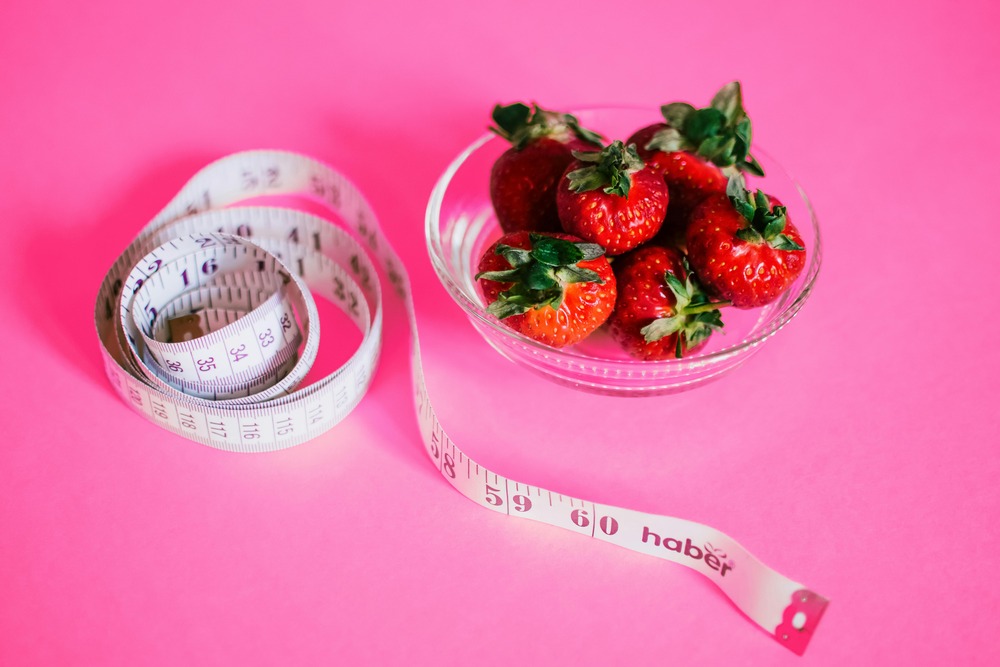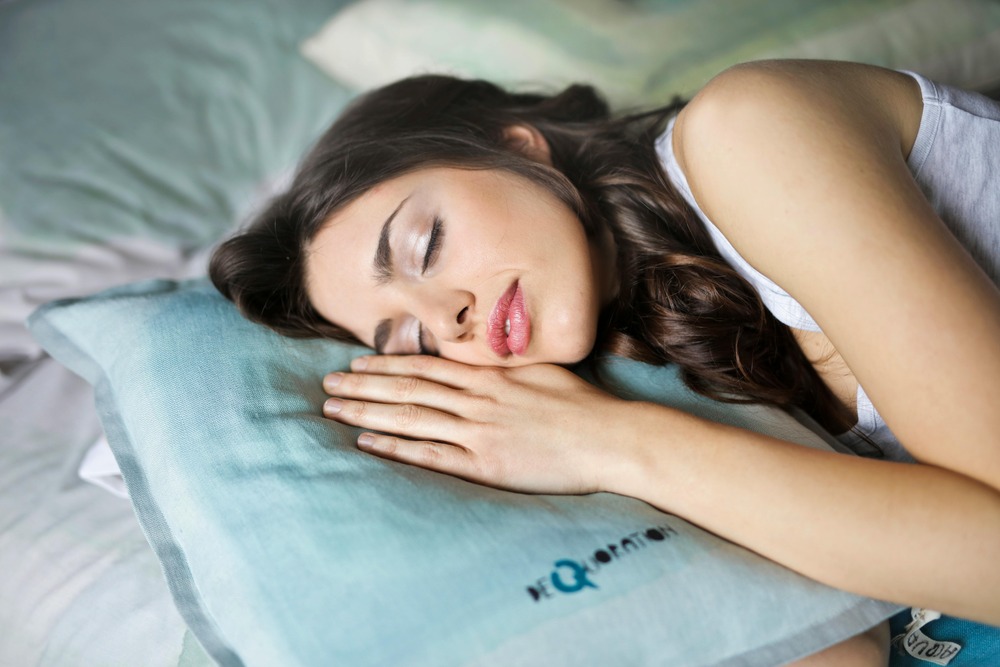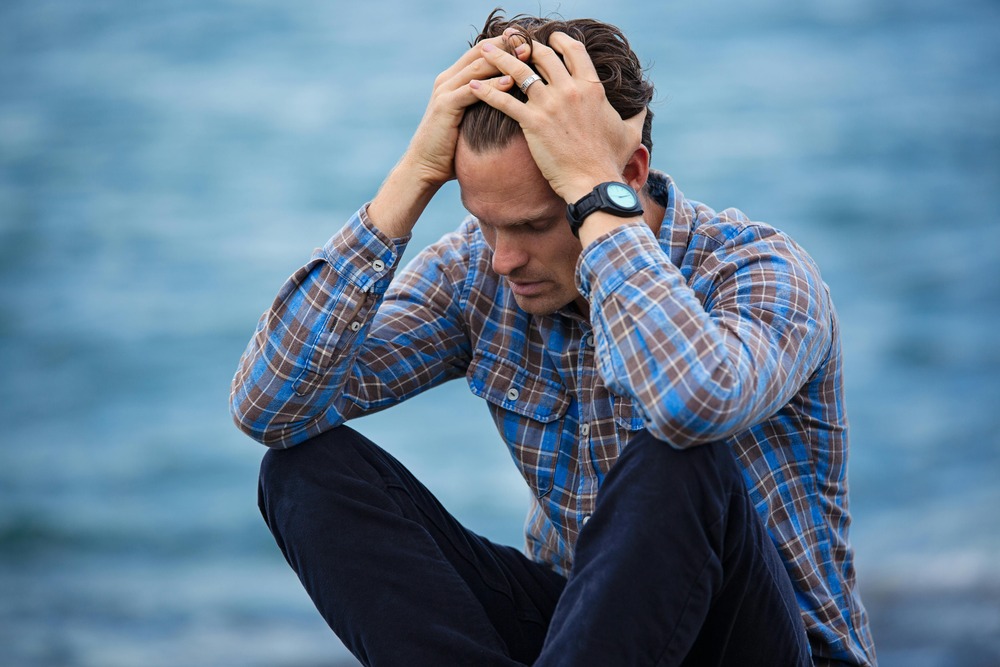Allergic reactions are a common concern among children, affecting their daily lives and overall well-being. If your child suddenly experiences fits of sneezing, a runny nose, watery eyes, or itchy rashes, they may be having an allergic reaction to something in their environment or something they consumed. These symptoms are primarily caused by histamine, a chemical released by the body during an allergic response. To alleviate these symptoms, doctors often prescribe antihistamine medications, which are effective in treating children's allergies.
Understanding Allergies in Children
Before diving into the best allergy medications for kids, it's essential to understand the prevalence and impact of allergies among children. According to the American Academy of Allergy, Asthma & Immunology (AAAAI), approximately 40% of children in the United States are affected by allergies. This statistic highlights the importance of effective treatment options for managing allergic reactions.
Common Allergens for Children
| Allergen Type | Examples | Prevalence (%) |
|---|---|---|
| Pollen | Grass, trees, weeds | 20-30% |
| Dust Mites | House dust | 10-20% |
| Pet Dander | Cats, dogs | 10-15% |
| Food Allergens | Milk, eggs, peanuts, soy | 5-8% |
| Mold | Indoor and outdoor mold | 5-10% |
Understanding these allergens can help parents identify potential triggers for their children's allergic reactions and seek appropriate treatment.
Best Allergy Medicine for Kids—OTC
When it comes to over-the-counter (OTC) allergy medications, parents often seek the most effective options. Based on a survey of pharmacists and expert recommendations, here are some of the best allergy medicines for kids:
1. Children's Claritin
Children's Claritin contains an antihistamine that blocks the action of histamine, helping to decrease allergic symptoms. It comes in chewable tablets, making it easy for children to take.
- Dosage: Must be chewed completely before swallowing. Not recommended for children under two years without consulting a doctor.
- Note: Avoid giving before allergy skin tests, as it may interfere with results.
2. Children's Zyrtec Allergy Syrup
This syrup contains cetirizine, an antihistamine effective in preventing and treating allergy symptoms, including itchy skin rashes and hives.
- Dosage:
- Ages 2 to <6 years: 1/2 teaspoon (2.5 mL) once daily, can increase to 1 teaspoon (5 mL).
- Ages 6 years and above: 1 to 2 teaspoons (5 to 10 mL) once daily.
- Side Effects: Report any severe reactions, such as rash or swelling.
3. Children's Benadryl
Benadryl contains diphenhydramine, which is effective in relieving allergy symptoms, hay fever, and cold symptoms. It can also help with motion sickness.
- Dosage: Consult a doctor for children under 6 years.
- Side Effects: May include dizziness, drowsiness, and dry mouth.
4. Allegra
Allegra contains fexofenadine, an antihistamine that relieves allergy symptoms without causing significant drowsiness.
- Dosage: Follow the instructions on the label for liquid or tablet forms.
- Side Effects: Report any severe allergic reactions immediately.
More Allergy Medicine for Kids
In addition to OTC options, there are prescription medications and eyedrops that can be effective for children:
Prescription Antihistamines
| Medication Name | Form | Age Recommendation |
|---|---|---|
| Azelastine | Nasal spray | 5 years and older |
| Hydroxyzine | Oral tablets | 6 years and older |
| Desloratadine | Oral tablets | 12 years and older |
Eyedrops (for kids above 3 years)
| Medication Name | Active Ingredient | Age Recommendation |
|---|---|---|
| Olopatadine HCL | Antihistamine | 3 years and older |
| Ketotifen fumarate | Antihistamine | 3 years and older |
Basics to Know About Allergy Medicine for Kids
When considering allergy medications for children, here are some essential points to keep in mind:
- Short-acting vs. Long-acting: Some antihistamines are short-acting and can be taken every 4-6 hours, while long-acting ones are usually taken every 12-24 hours.
- Combination Medications: Some products combine an antihistamine with a decongestant for added relief.
- Common Side Effects: These may include dry mouth, drowsiness, and irritability.
- Timing: Antihistamines are most effective when taken before symptoms appear.
When Should Kids Take Antihistamines?
| Timing | Reason |
|---|---|
| Before bed | To control morning symptoms, which peak between 4 to 6 AM. |
| Before allergy season | Especially for children sensitive to pollen. |
| Year-round | For children with perennial allergies. |
Conclusion
Managing allergies in children can be challenging, but with the right information and medications, parents can help alleviate their children's symptoms effectively. Always consult with a pediatrician before starting any new medication, especially for young children. By understanding the available options and their proper usage, parents can ensure their children lead a more comfortable and enjoyable life, free from the burdens of allergies. 🌼✨




